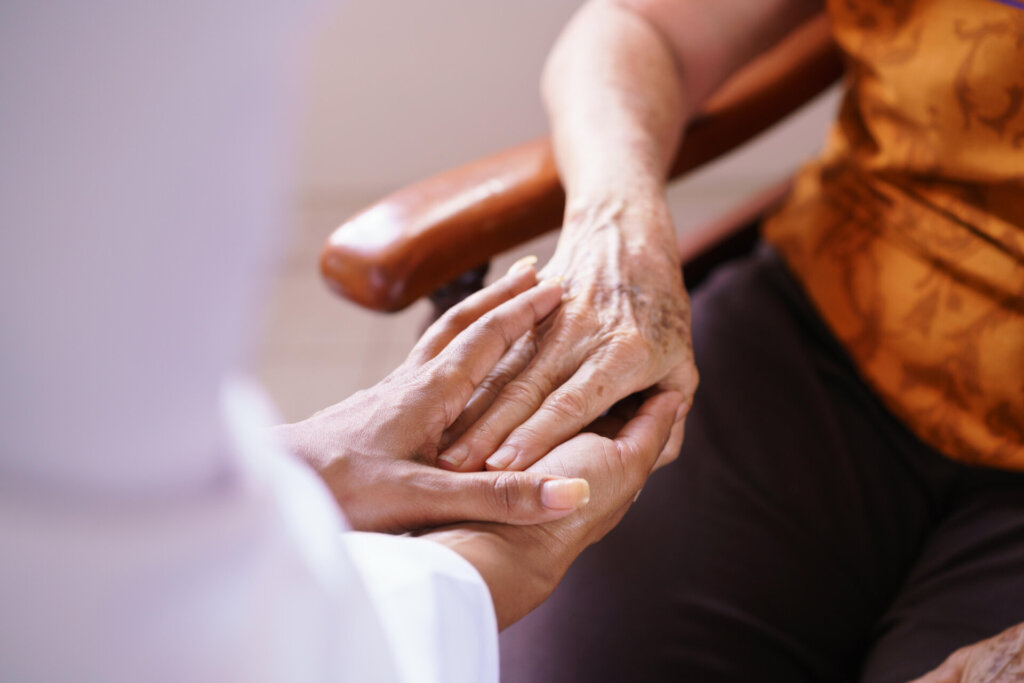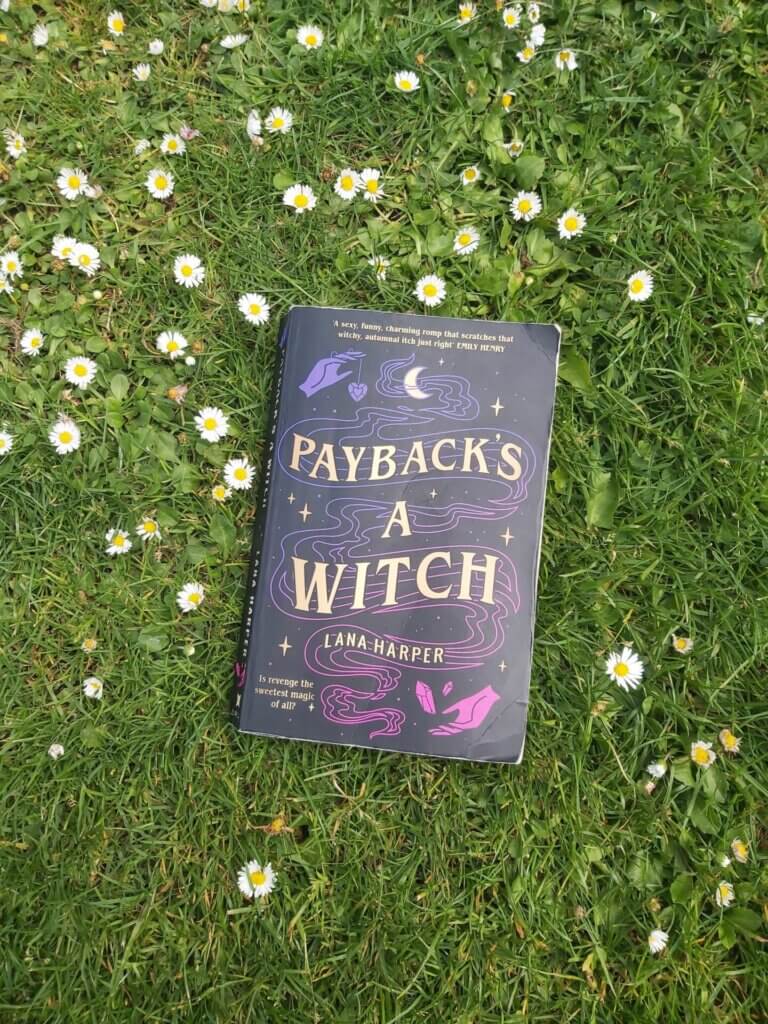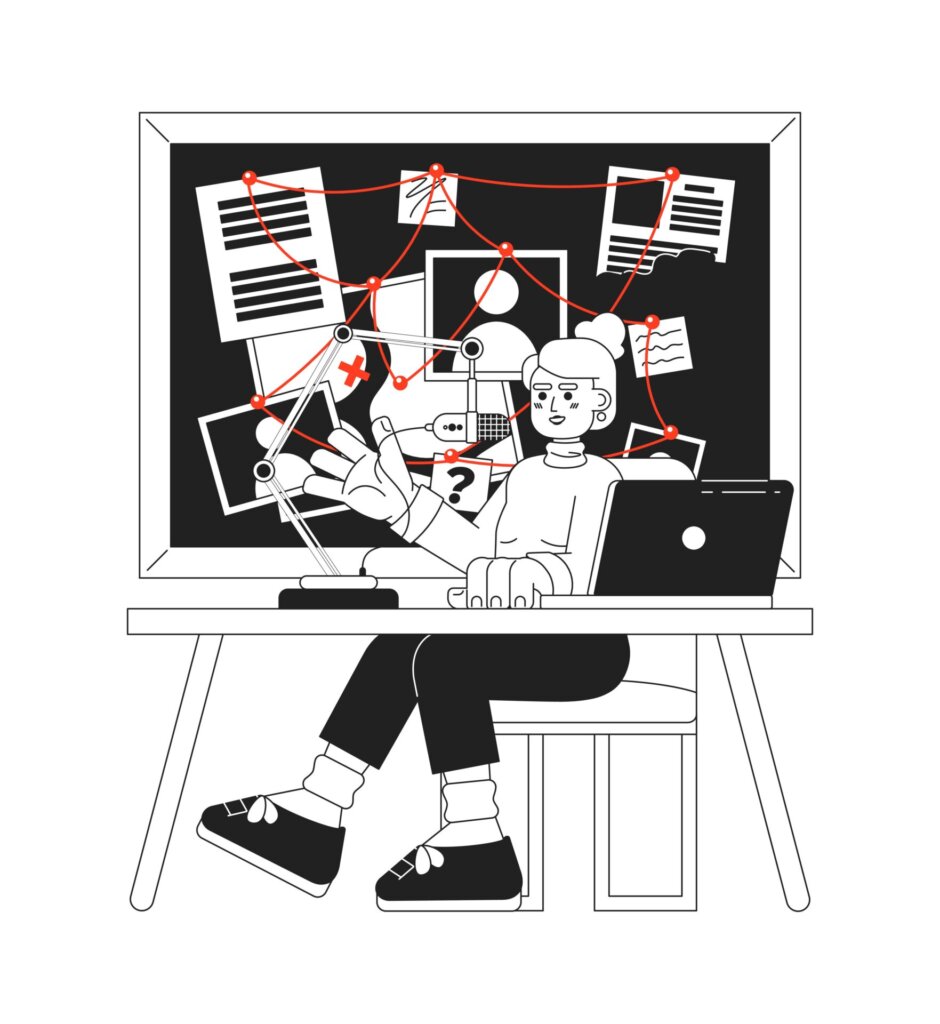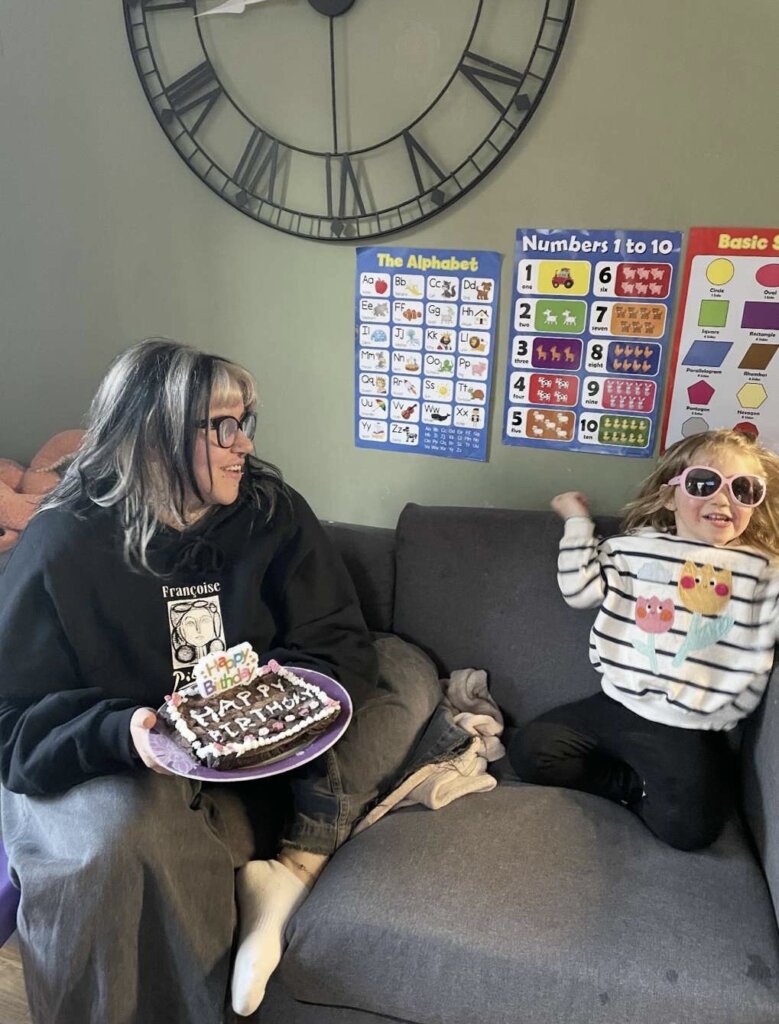The Vital Connection Between Physical Activity and Mental Health.
Written by Jack Nevin on 4th April 2025

Exercise is crucial for maintaining our mental health. Photo: imtmphoto / Alamy Stock Photo
Dr Jon Rees, senior lecturer in Psychology at the University of Sunderland, knows first-hand how one’s mental health can severely impact their physical lifestyle. In this feature, Jon shares his personal and expert knowledge of how the smallest efforts can lead to significant improvements in our mental health, and offers practical advice on how we can all incorporate physical activity into our lives, regardless of our fitness levels.
One of the main barriers which impacts our physical activity levels is our own perception of our bodies, and the human’s natural tendency to compare ourselves to one another, which we often fail to control.
A government survey in 2023 found that 80% of respondents either strongly agreed, or agreed that their perception of their body image has had a negative impact on their mental health. A further 61% strongly agreed or agreed that their perception of how they look has had an impact on their physical health.
Clearly there is a correlation between the way in which we perceive our bodies and how that impacts both our physical and mental health. Studies demonstrate that living a sedentary lifestyle increases not only our chances of developing type 2 diabetes, obesity and coronary heart disease, but makes us more susceptible to anxiety and depression.
So, how can we overcome this? One of the main issues that Dr Jon Rees raises is that sport and physical activity is entrenched with biases and preconceived perceptions. He argues that:
“We need to normalise activity for all, really.”
“Partly we need to change societies attitudes towards fitness in general and towards activity, and it not being something that you know, the sculpted body does. And if you haven’t got a sculpted body, you shouldn’t be fit.”
However, as easy as it is to identify the problem, the challenge is to overcome it. Jon believes that in order for us to do this, we need to deconstruct the meaning behind sport and physical activity:
“There’s a great emphasis on sport in this country. And by that, I mean competitive sport.”
“If you’re comparing yourself to world class athletes all the time, because that’s what you see, it can lead to sort of almost like, learned helplessness of ‘I’m not gonna bother because I can’t get there’.”
Speaking from his own experience, Jon highlights how his battle with depression resulted in him being detached from the concept of competition:
“I don’t want to compare myself to other people. Not only that, I don’t even understand competitiveness. So, for my entire life, when I’ve seen people being competitive in sport, it just looks pointless to me.”
“I suspect there are more people out there like that than you might realise.”
After being hospitalised on several occasions with depression, Jon noted how he was given a strict programme by his psychologist to get up every day at 7am and take his dog for a walk around a field before walking home again.

Going for a walk in a green space with your pet can be great exercise to help with your mental health. Photo: Jack Nevin
Despite hating what he had to do, he accredits this with helping him begin his recovery, and preventing him from being re-hospitalised.
“I walked around the field cursing this person’s name and feeling like it was the worst thing. But it was the start of getting better.”
Research by Sport England highlights that those who exercise outdoors and in green spaces were less likely to suffer from mental health problems. 59% of those surveyed stated that they had no poor mental wellbeing, with 57% revealing that they had no mental health condition at all.
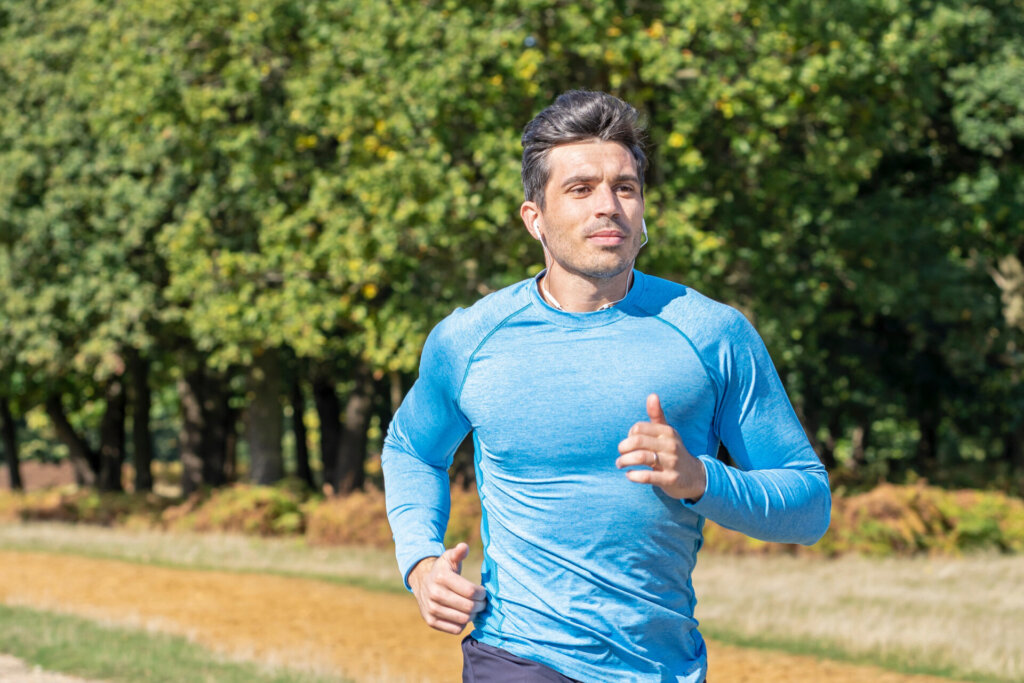
Exercise greatly enhances both our physical and mental health. Photo: MPSPhotography / Alamy Stock Photo
This emphasises that even engaging in light, non-competitive activity, such as going for a walk around your local park can greatly improve our mental well-being. After all, as Jon argues, humans evolved a long time before sport, but they kept fit by walking and running.
Thus, what we need to do as a collective is set our own realistic targets, and stop equating exercise with sport. Exercise is multi-faceted, and there are various ways in which we can be physically active.
We often conceive of sport as being fast paced, physically intense and mentally draining, as this is all we see on television, with athletes personifying societies idea of the perfect physical body.
Even in individual, non-competitive sports, such as park runs, people often share their times with friends and on social media to celebrate their achievements, leading us to compare our own successes to others. This is something that we need to steer clear from if we are to separate sport from exercise, and it’s important that we measure our individual success’ relative to our own ambitions.
Yet there is more to sport, and it is important that we use exercise to fulfil our own purposes, as Hannah Tarver shows. Like Jon, Hannah also suffers from various mental health problems, along with being chronically fatigued.
Rather than using physical activity to be competitive, or challenge herself to unattainable targets, she views physical activity as a way to compartmentalise her mind.
“Swimming gives me time to be rational and think about my own wellbeing for a set amount of time.”
This further reinforces Jon’s notion that sport is more than a competition, that we can all use exercise for different reasons, and that we need to separate exercise from sport in order to ensure that those who suffer with mental health problems are not deterred from being active.
If there are four important messages for those who are suffering from mental health to take from this, it is that firstly, it is important to not compare yourself to other athletes when you exercise or compete in sport. Secondly, that we need to separate exercise from sport, so that people are not deterred from exercising due to the competitive nature of sport. Thirdly, that all sport and exercise is of equal measure, and that you should be as proud of yourself for going on a short walk around the park, as if you would be running a marathon.
But fourthly and most importantly, that engaging in physical activity is crucial for our mental health, and taking the first small step is vital in the road for recovery, as Jon shows.
If you are struggling, help can be found at www.samaritans.org/tomorrow
Anyone can contact Samaritans, free, 24/7, on 116 123, email jo@samaritans.org or visit www.samaritans.org
